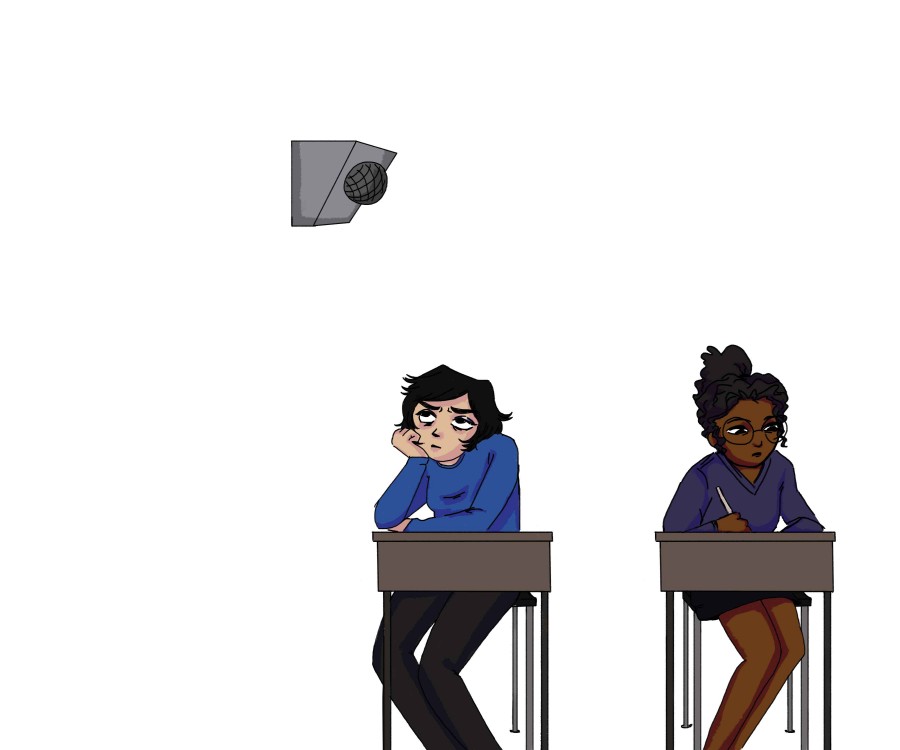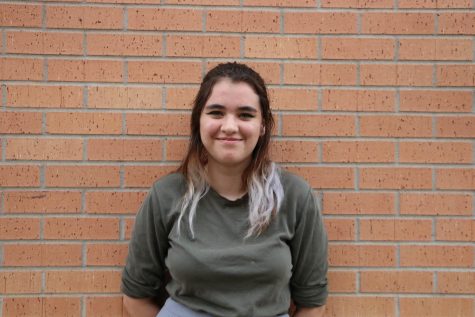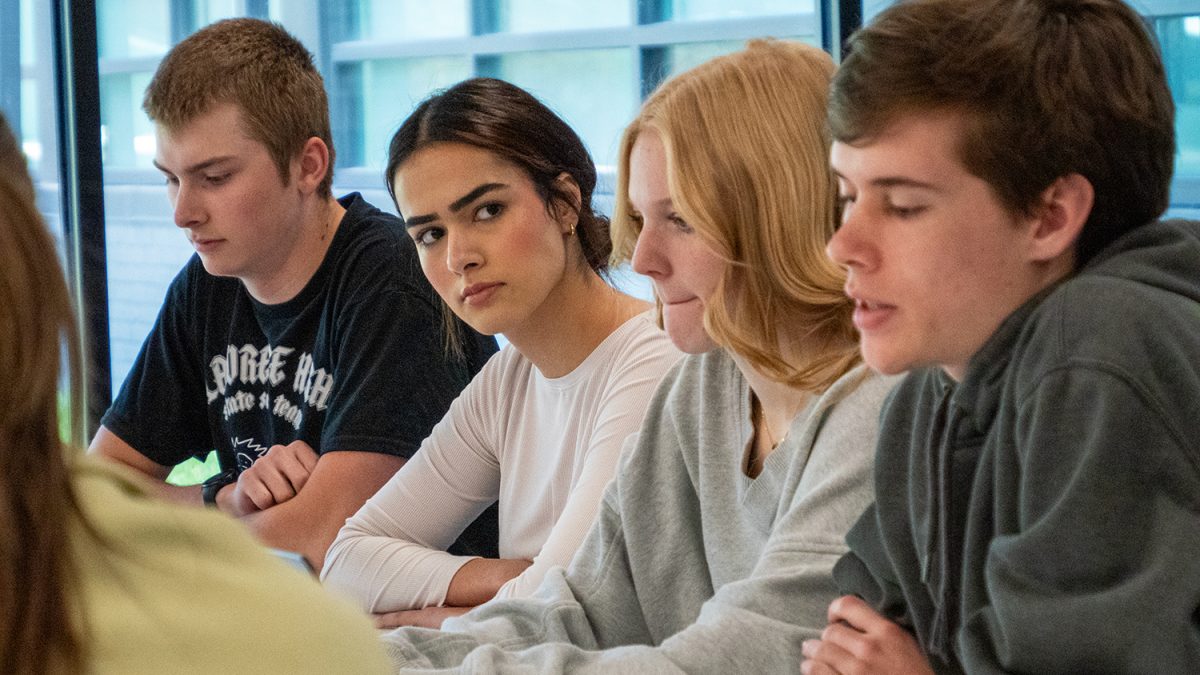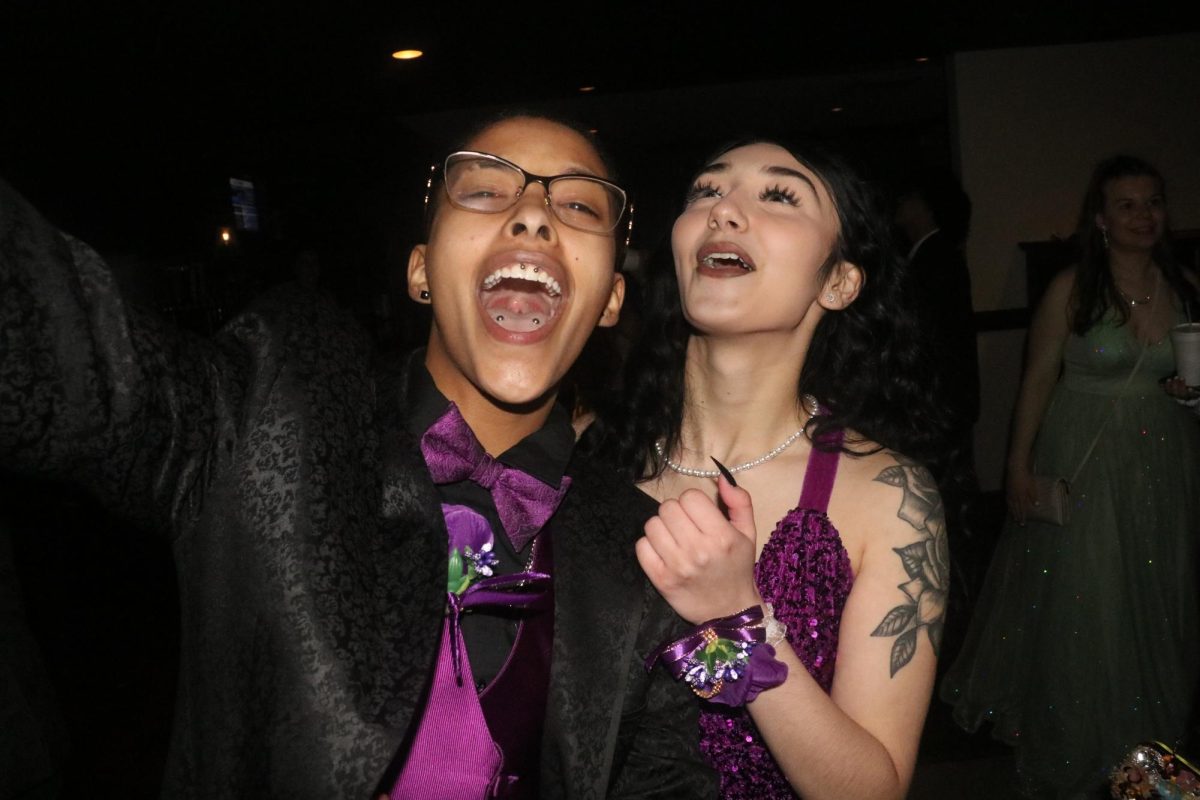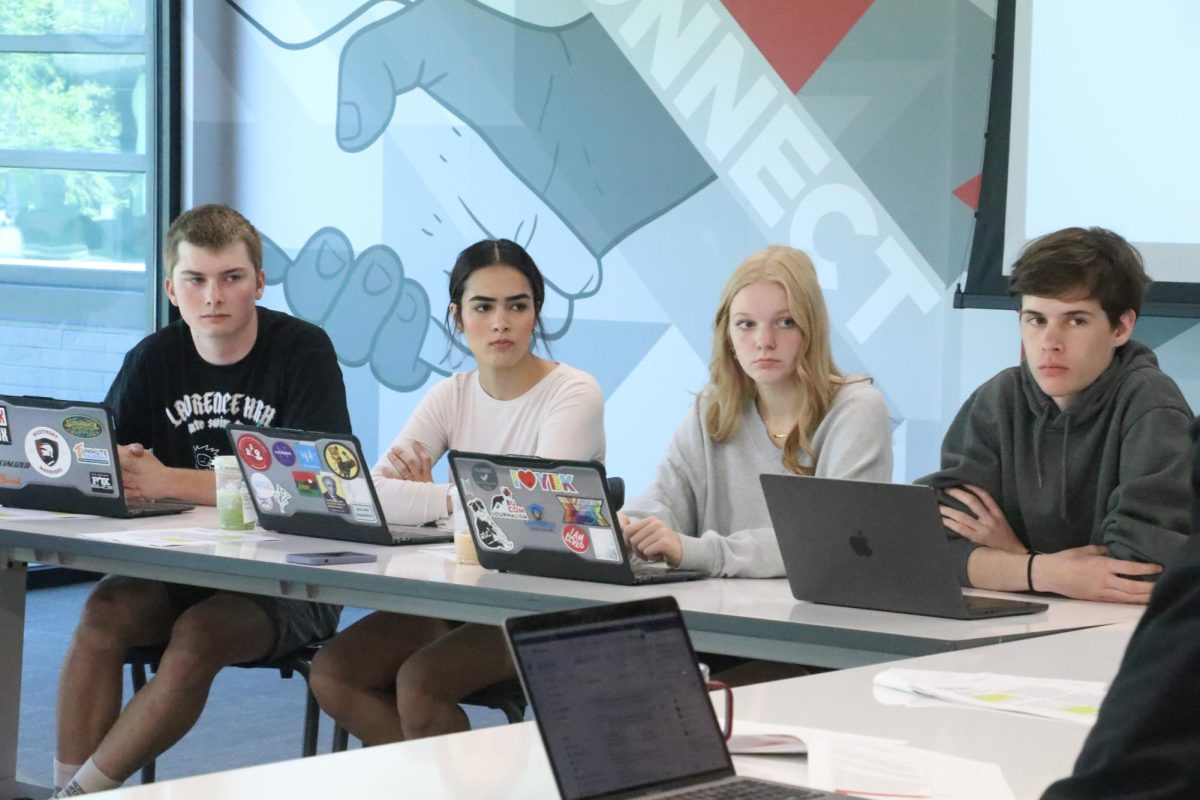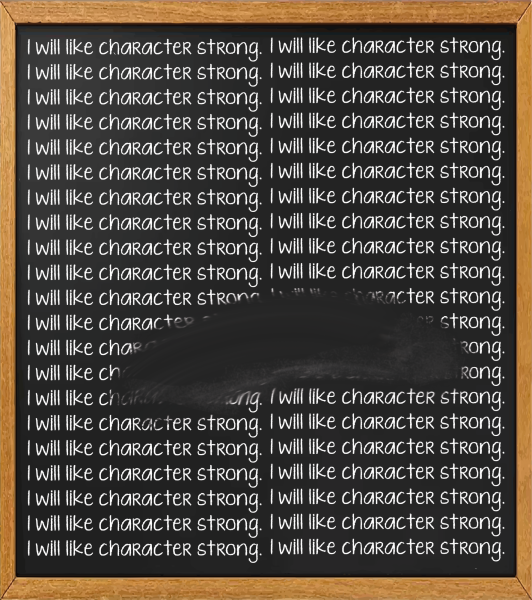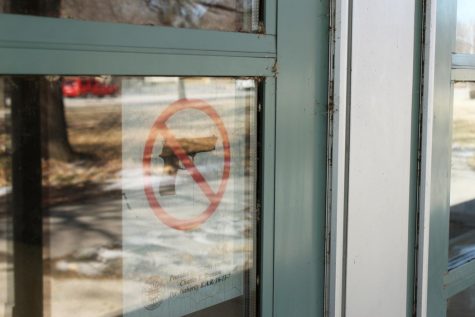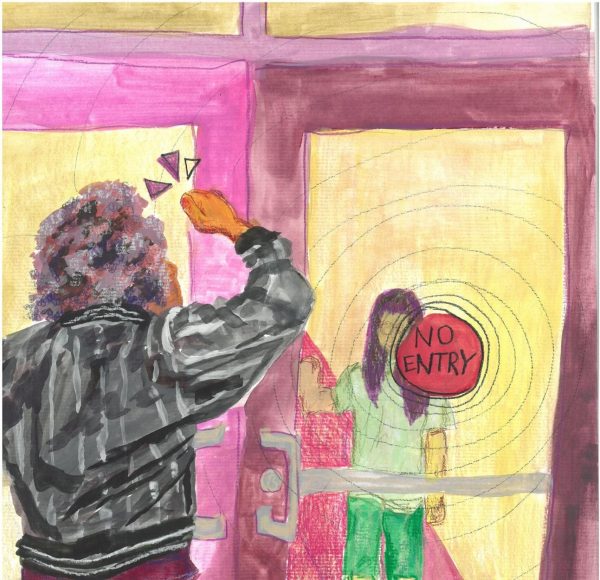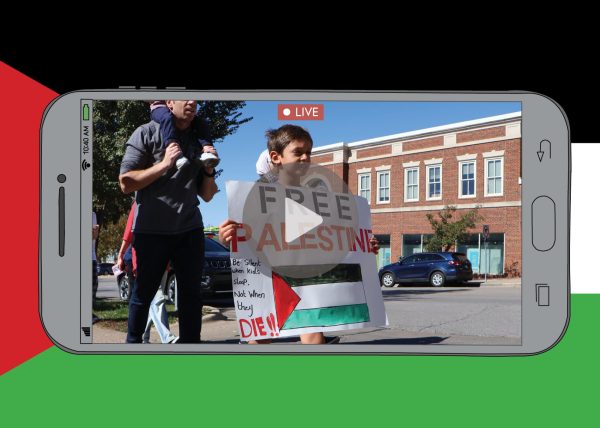Mental Health Mondays miss mark
December 11, 2015
If you listen to the morning announcements, you can hear the Mental Health Mondays segment give advice on stress and anxiety.
The segment focuses on self-care and maintaining confidence, saying tidbits such as “Find a school-sponsored club that matches your strengths. Or better yet, help create one!” and “If you would like to learn more about these identities, do some research on the interwebs, or ask questions to those who identify as LGBTQ+. Let’s keep the halls of LHS a place of respect for all humans.”
These pieces of advice have little to do with mental health. The first comment is just insensitive to social anxiety; not everyone can show up in a new social environment and act like it’s the easiest thing in the world.
Also, while homophobia and transphobia contribute to bad mental health, it’s not the only major mental issue in the LGBTQ+ community. Many transgender people suffer from dysphoria, or a significant discomfort with their body or assigned gender.
As a person who has an anxiety disorder, I do appreciate the idea of Mental Health Mondays. Yet the discussion is laced with privilege and is given from a neurotypical, or non-mentally ill, point of view. I’m sure the school means well, but this perspective doesn’t help the mental health issues of the student body. It misinterprets and trivializes it.
Personally, school is a huge part of my anxiety, but it’s different for everyone. Family issues and social interaction might trigger someone’s anxiety, or anxiety might be a part of a larger mental health issue like substance abuse or depression. I am not a mental health expert, but I’m speaking from experience.
Anxiety is constantly there in the back of your mind, nagging you and blowing things way out of proportion. It’s something I have to constantly check up on, asking myself, “Am I OK? How anxious am I right now?” Sometimes the anxiety is so overwhelming I feel like I’m dying.
Telling people their problems can be solved by simple time management is unrealistic. When it’s suggested that time management can relieve anxiety, it minimizes a much larger problem and puts it under an overly-simplified lens.
Instead of speaking about stress from a neurotypical perspective, it would be preferable and more helpful if some research was actually done on what it’s like to be mentally ill. If research was done, people would know that mental illnesses aren’t magically cured by time management.
It would also be known that anxiety isn’t the only mental illness, either; there’s bipolar depression and schizophrenia, among countless others. In a survey conducted by the U.S. Department of Health and Human Services, about 2.2 million adolescents suffer from behavioral disorders.
Sylvia Treveño-Maack, the school psychologist, explained that LHS does have a mental health team which writes the Mental Health Monday segment and whose mission, according to its pamphlet, is to “serve all students in need of mental health support.”
Treveño-Maack said this is the first year the school has decided to tackle the issue of mental illness among the school body, and this process is full of trial and error since the staff is guessing how to best communicate with students.
“It’s not the final product, and we’re shaping it as we get feedback,” she said. “It’d be really helpful to know who’s willing to give it…The people who are willing to give their two cents, we need to somehow reach out to them.”
Discussing mental illnesses is hard, especially when the topic of self-harm comes up. Yet it’s inescapable. Many people struggle with self-harm and need an outlet where they feel safe enough to talk about it. The announcers have tried to discuss this topic, but it comes across as not genuine.
“I think they’re [Mental Health Mondays] a good idea, and the basis is a good idea,” senior Nicole Berkley said. “But I think the way they’re doing it is a little trivial.”
Students would benefit more from learning about the different types of mental illnesses their friends and classmates face. Students could learn that having a mental illnesses doesn’t make you an outcast and when someone is struggling, they can to be there and understand, she explained.
Overall, developing a helpful and inclusive mental health community that consists of students and staff would be the most effective in being proactive with mental illnesses; but I can’t speak for the whole neurodivergent student body.
I don’t know most of them, since discussing mental health issues is a social taboo, but I know that although Mental Health Mondays try to help relieve stress of students, they end up ridiculing the real issues of people and do not allow for a safe space, which is needed.



